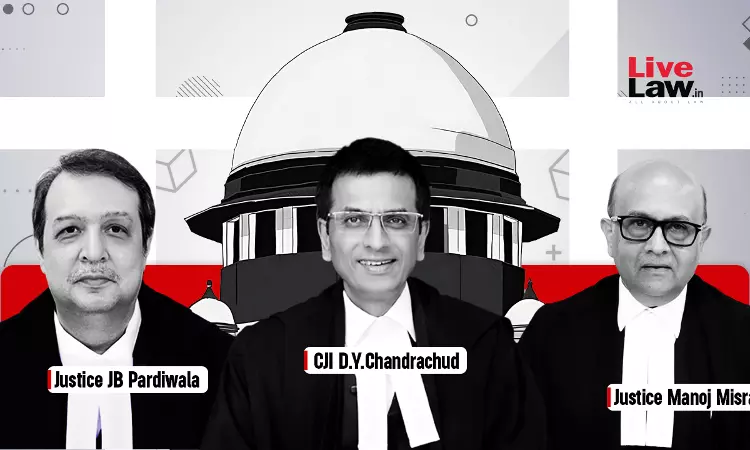UP VAT Act | Assessee Entitled To Claim Full Input Tax Credit On Exempted Goods Produced As By-Products Or Waste Products During Manufacturing Of Taxable Goods : Supreme Court
Pallavi Mishra
13 Nov 2023 10:29 AM IST

Next Story
13 Nov 2023 10:29 AM IST
